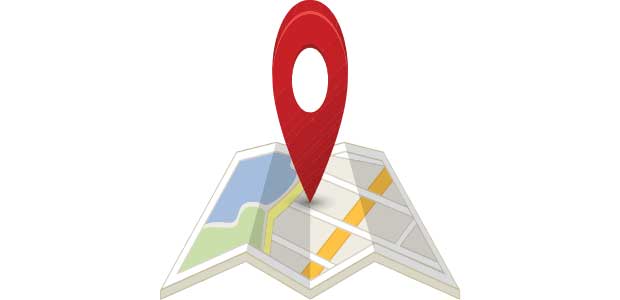
How Location Tracking Improves Worker Safety
Some industries are inherently more dangerous than others, employers need to do all they can to make their workplaces safe.
- By Devin Partida
- Oct 29, 2021
Employers across all industries want to ensure a safe working environment for their employees. However, challenges tend to arise in sectors with higher injury risk, such as construction or manufacturing. Accidents do happen, and sometimes they’re unavoidable. There are preventive measures employers can take to reduce the chances of injury or death, but according to the Bureau of Labor, 5,333 employers died on the job in 2019. Because some industries are inherently more dangerous than others, employers need to do all they can to make their workplaces safe.
Take the transportation industry, for example. The number of self-driving vehicles with GPS technology and sensors integrated into them is growing to make long trips safer. GPS location tracking can be a useful tool for multiple industries, such as manufacturing, transportation and construction. Here’s more information about how it can ensure a safe working environment for employees across these various industries.
Safety Benefits of Tracking Employee Locations
Many companies have a mobile workforce where employees travel from location to location daily, often using company-owned vehicles. A recent report from Quickbooks shows that one-third of 1,000 employees had been tracked by GPS in the workplace. It’s a growing trend, and some of the compelling reasons companies are adopting GPS tracking is to ensure safety.
Here are some of the safety benefits that come with GPS tracking for employees:
● Locating employees during emergencies. When employees are tracked, managers or executives can easily find them if emergencies arise. GPS can allow for more efficient rescue operations if a lone worker is in danger.
● Tracking harmful substances. GPS tracking technology integrated with toxic substance detection can prevent employees from being exposed to dangerous materials for long periods, negatively impacting their health and well-being.
● Complying with highway code. Data from GPS tracking can determine if workers are following the rules of the road, such as speed limits.
● Protection from complaints or accusations. GPS allows employers to locate exactly where and when a worker was on a job site. If an issue occurs, workers are protected from any potential fallouts.
● Alerting employers for backup. Some industries need to deploy workers to remote job sites, and if an accident occurs, they need to send backup. Using GPS tracking can direct employees to the place where the incident occurred.
● Monitoring employee alertness. It’s easy for workers to become fatigued when performing manual labor. New biometric and GPS technology can monitor EEG brainwaves to detect if an employee is alert enough to be working.
These benefits clearly show how GPS can be leveraged to ensure a safe working environment. Additionally, using real-time GPS monitoring allows employers to monitor the condition of their equipment. They know how often their heavy machinery is being used, so they’re more aware of when to schedule maintenance or look into repairs.
GPS Tracking Privacy Concerns
It shouldn’t come as a surprise that privacy concerns arise with any technology that tracks someone’s location. Employees may fear their employer is following them off the clock or may resent their bosses because there’s no sense of trust. One of the best ways employers can track their employees with GPS without invading their privacy is to be entirely transparent. Workers should provide reasons for monitoring employees and explain how beneficial it is to business operations.
If safety concerns are the primary reason employees need to be tracked, employees will likely feel protected and comfortable knowing they’re being monitored at all times. According to a study conducted by Kelton Global for Intuit, employees see the array of benefits of being tracked. In the survey, 25 percent of respondents said tracking improved efficiency, 24 percent said tracking increased their motivation and 22 percent said tracking made them more productive.
Consider Using GPS Tracking to Enhance Safety in the Workplace
Advancements in technology make it easier to locate employees while they’re on the job. GPS tracking offers plenty of benefits for employees and employers. Consider implementing a system in the workplace to improve overall safety.